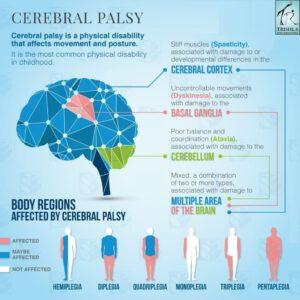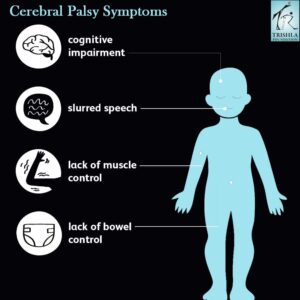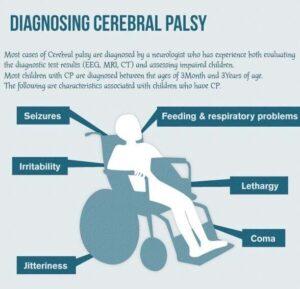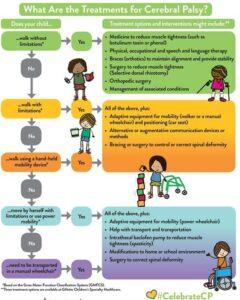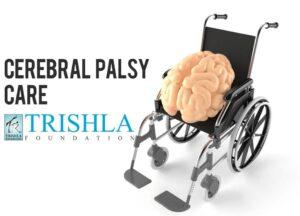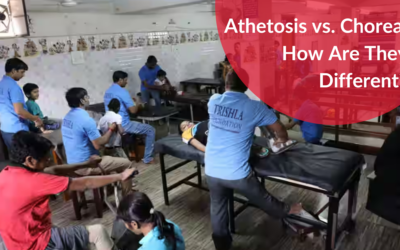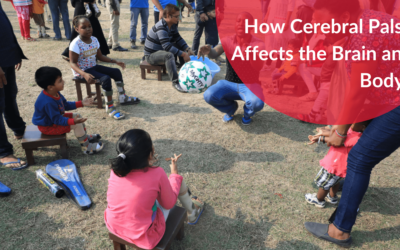Cerebral Palsy
Cerebral Palsy is a congenital bone deformity of movement, muscle tone or posture.
Another word, CP is a child orthopedic problem or a group of permanent movement disorders that appear in early childhood.
Cerebral Palsy Symptoms And Signs
There are some cerebral palsy symptoms and signs that may indicate a child physical disability or child has cerebral palsy. Not all signs are noticeable during childbirth and may turn out to be progressively evident as infants create.
- Stumpy muscle tone (baby feels ‘floppy’ when picked up)
- Unable to hold up his/her own head while lying on their stomach or in a supported sitting position
- Muscle spasms or feeling stiff
- Poor muscle manage, reflexes and posture
- Belated development (can’t sit up or independently roll over by 6 months)
- Encouraging or gulping challenges
- Likes to utilize one side of their body
Cerebral Palsy Diagnosis
- Brain Scans
- Electroencephalogram (EEG)
- Laboratory tests
Cerebral Palsy Treatment
Long-term cure includes physical and other therapies, drugs and sometimes surgery.
- Self-care
Material exercise and unique learning
Cerebral Palsy Occupational Therapy, Stretching, and cerebral palsy physiotherapy
- Medications
Strength Relaxant and Sedative
Gastrostomy
- Specialists
- Pediatric Neurologist
Treats nervous organism disorders in kids.
- Neurodevelopment Disabilities Pediatrician
Specialises in nervous organism developmental disorders.
- Speech therapist
Treats people with language and tongue troubles.
- Orthopedic Surgeon
Performs surgery for situation affect bones and muscles.
- Occupational Therapist
Improves each day living and work skills of patients.
- Physical Medicine and Cerebral Palsy Rehab
Restores function and excellence of life to those with physical disabilities.
- Physiotherapist
Restores muscle strength and function through work out.
- Neurologist
Treats nervous organism disorders.
- Pediatrician
Provides health care for infants, children, and youth.
- Primary Care Provider (PCP)
Prevents, diagnosis and treats diseases.
Cerebral Palsy Care
Kids with cerebral palsy have unique needs. Although your child’s doctors and therapists handle much of his cure, there are big ways you can lend a hand to make your child’s life easier.
Stay On Top Of His Care
Your child may see a number of health care providers, from pediatricians to specialists to therapists and beyond. One doctor likely will refer him to others for the cure and keep tabs on the concern that he receives elsewhere. But it’s wise for you to stay informed about your child’s fitness, too.
Be Your Child’s At-Home Therapist
If your kid has pain from muscle spasms, massage may help, so you may want to study some crucial techniques.
Help Him Be Active
Your kid may not be able to play games at the same level as his peers, but it’s important to get him moving to the best of his ability. Help him walk (if he can), play, and travel as much as possible.


